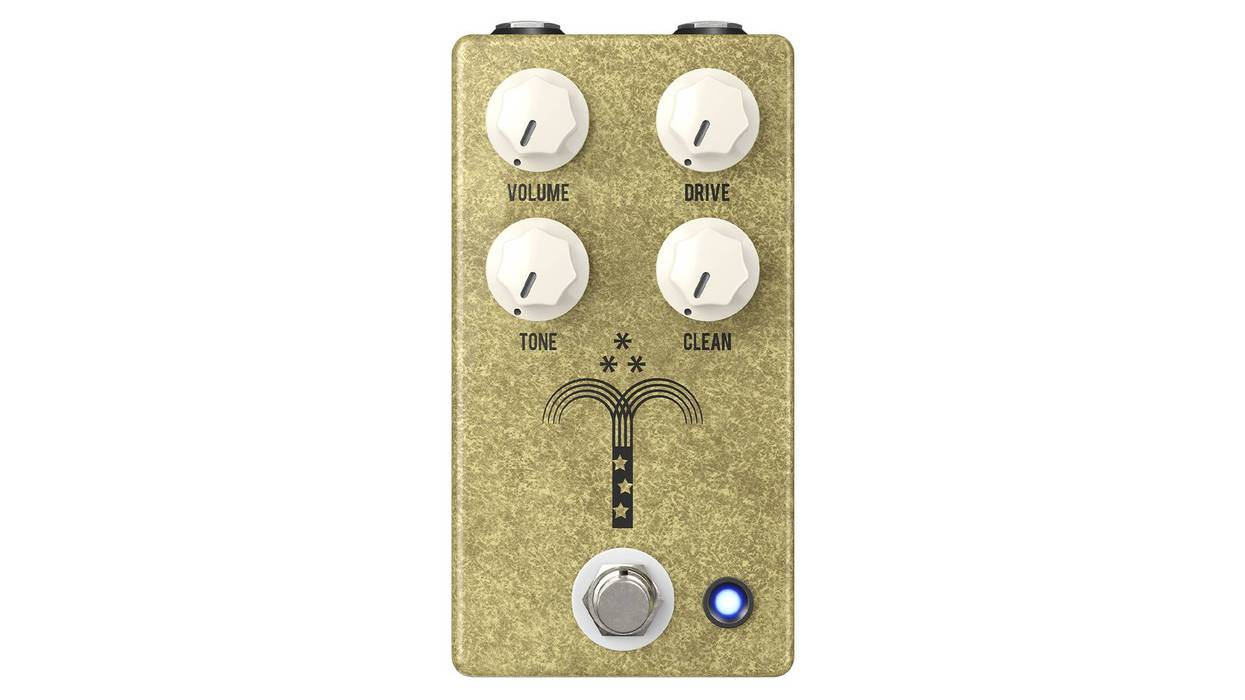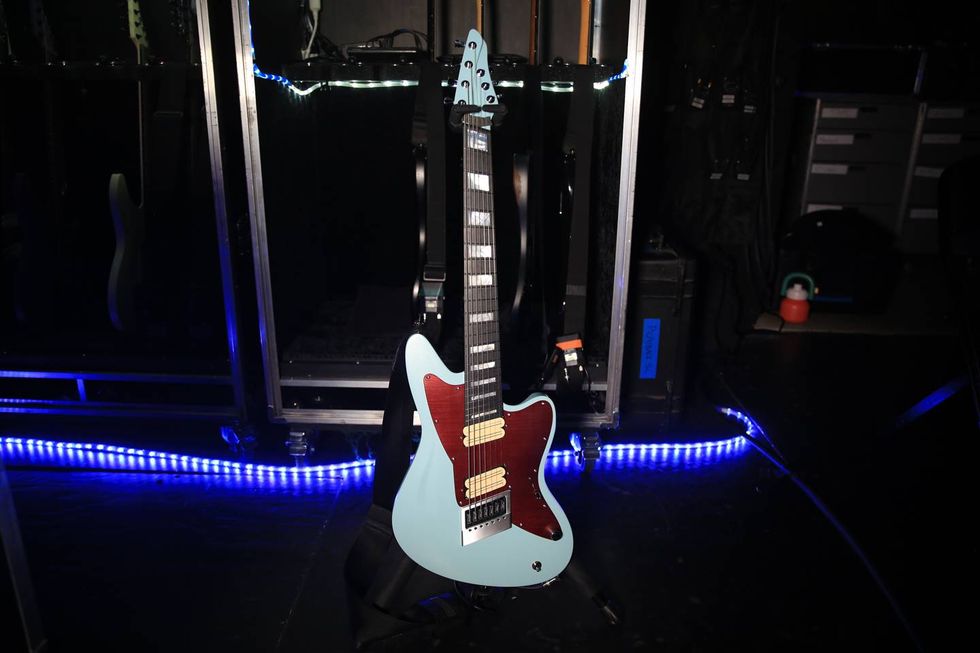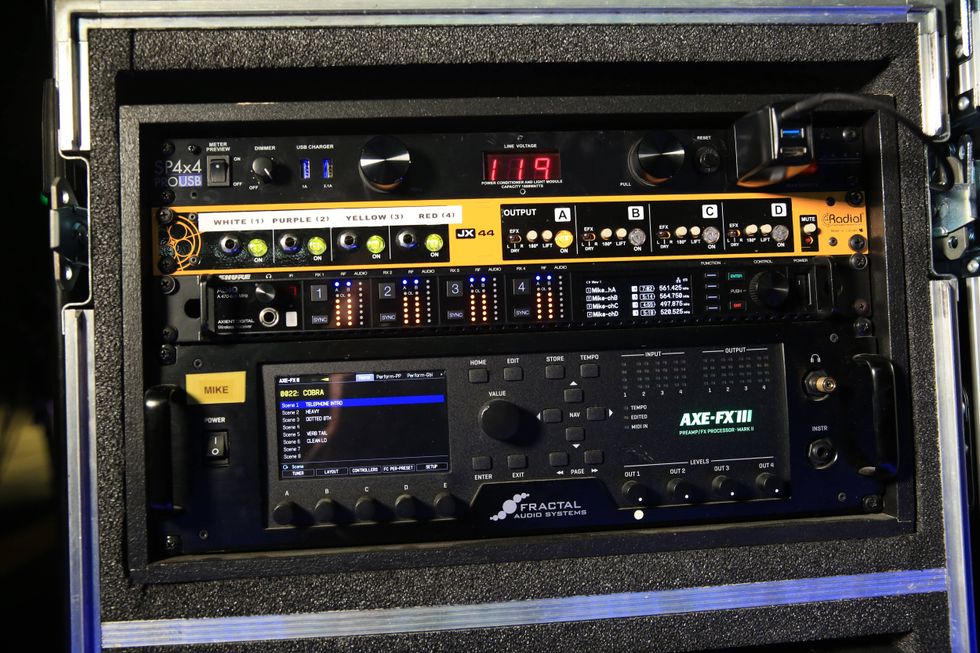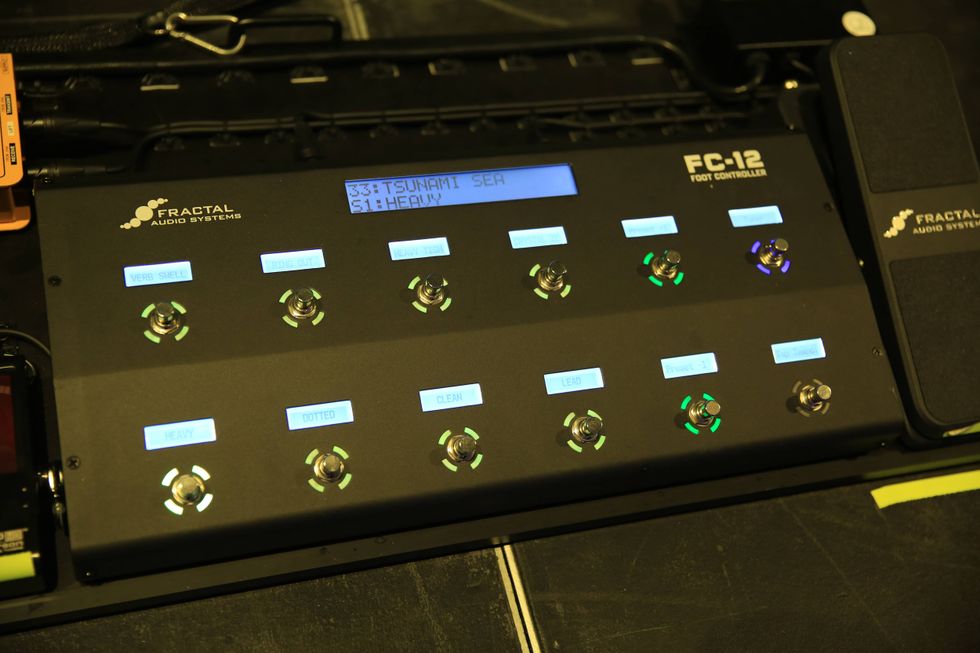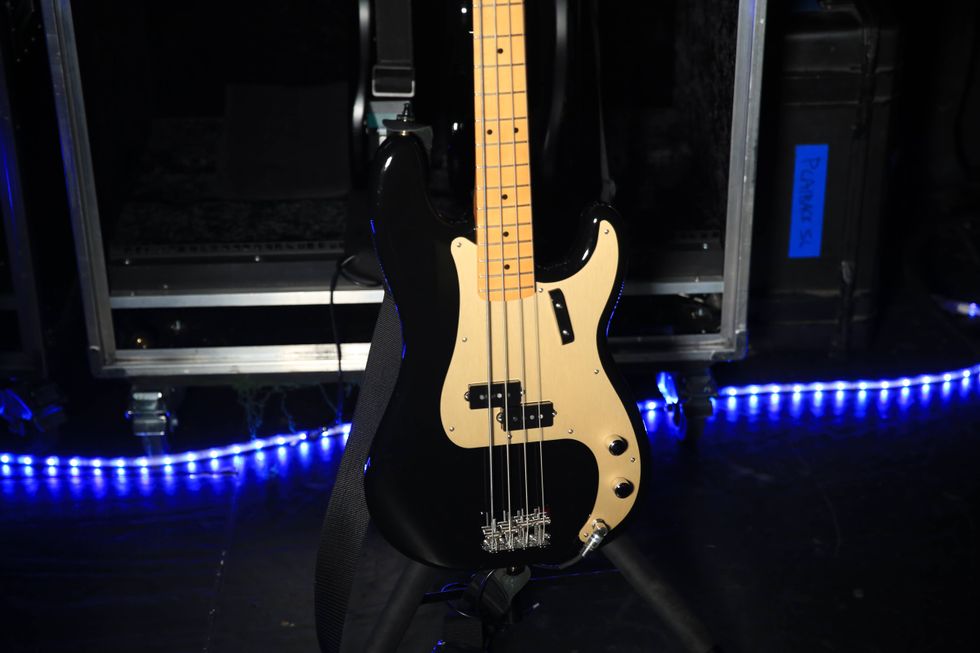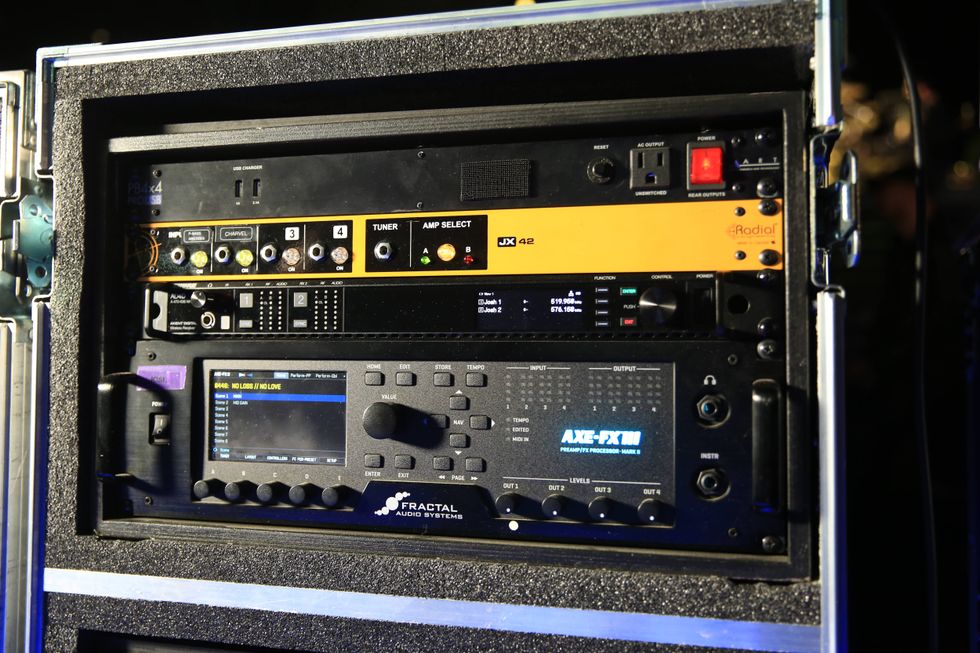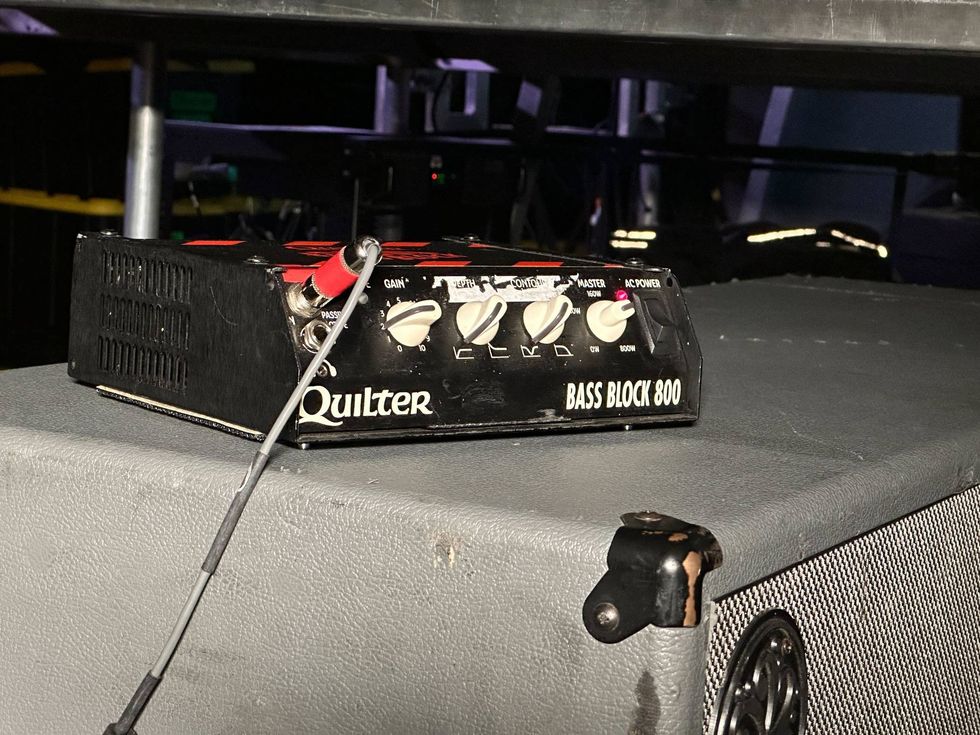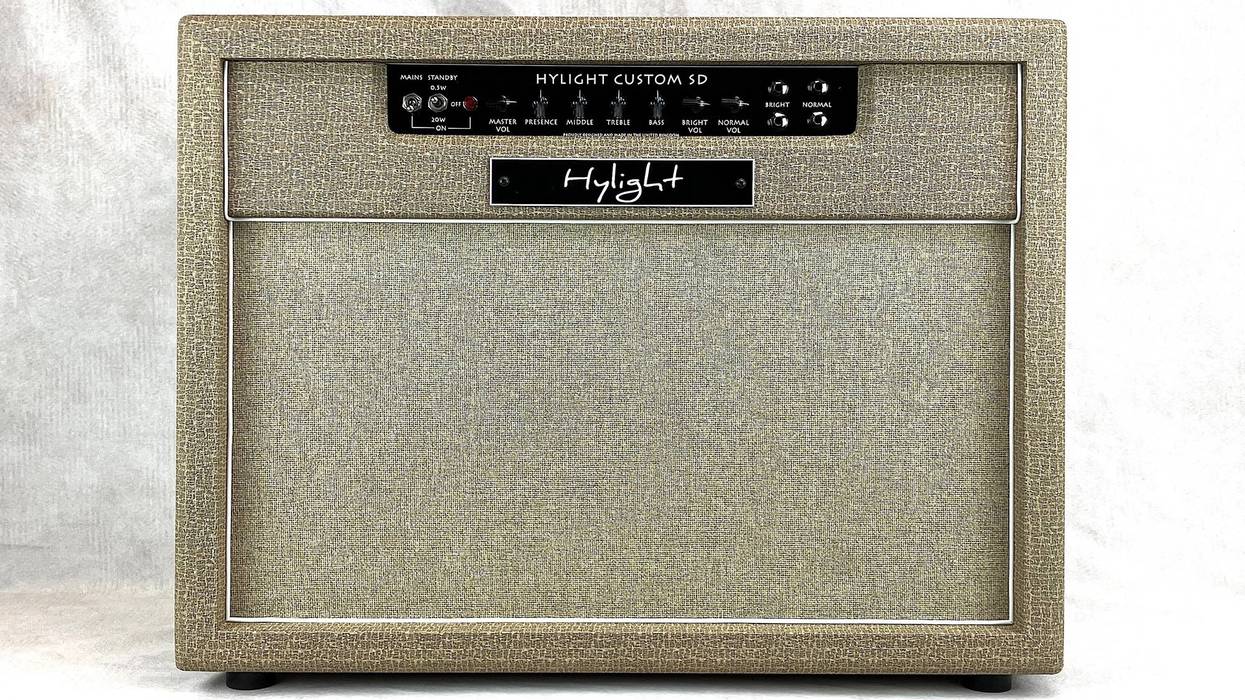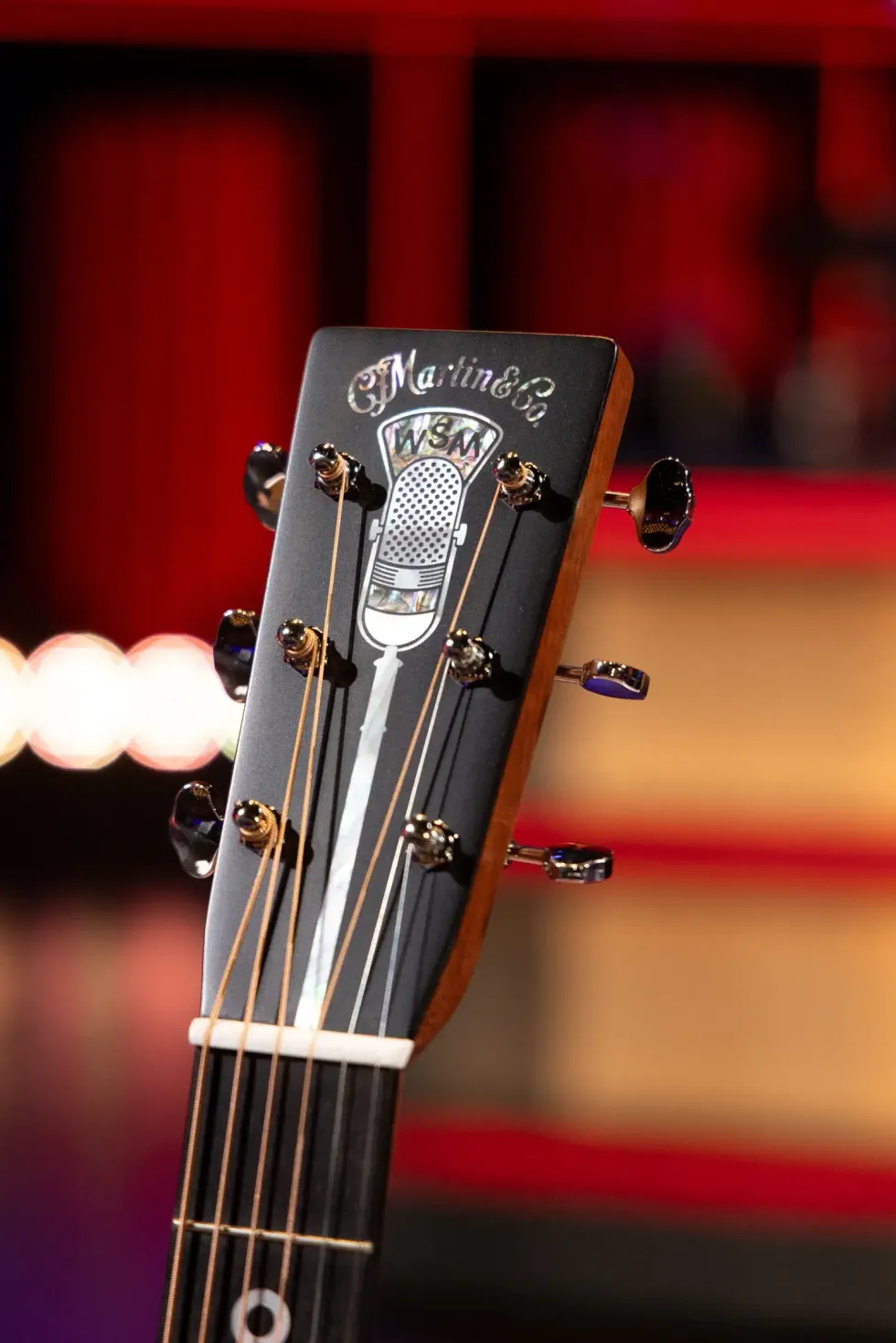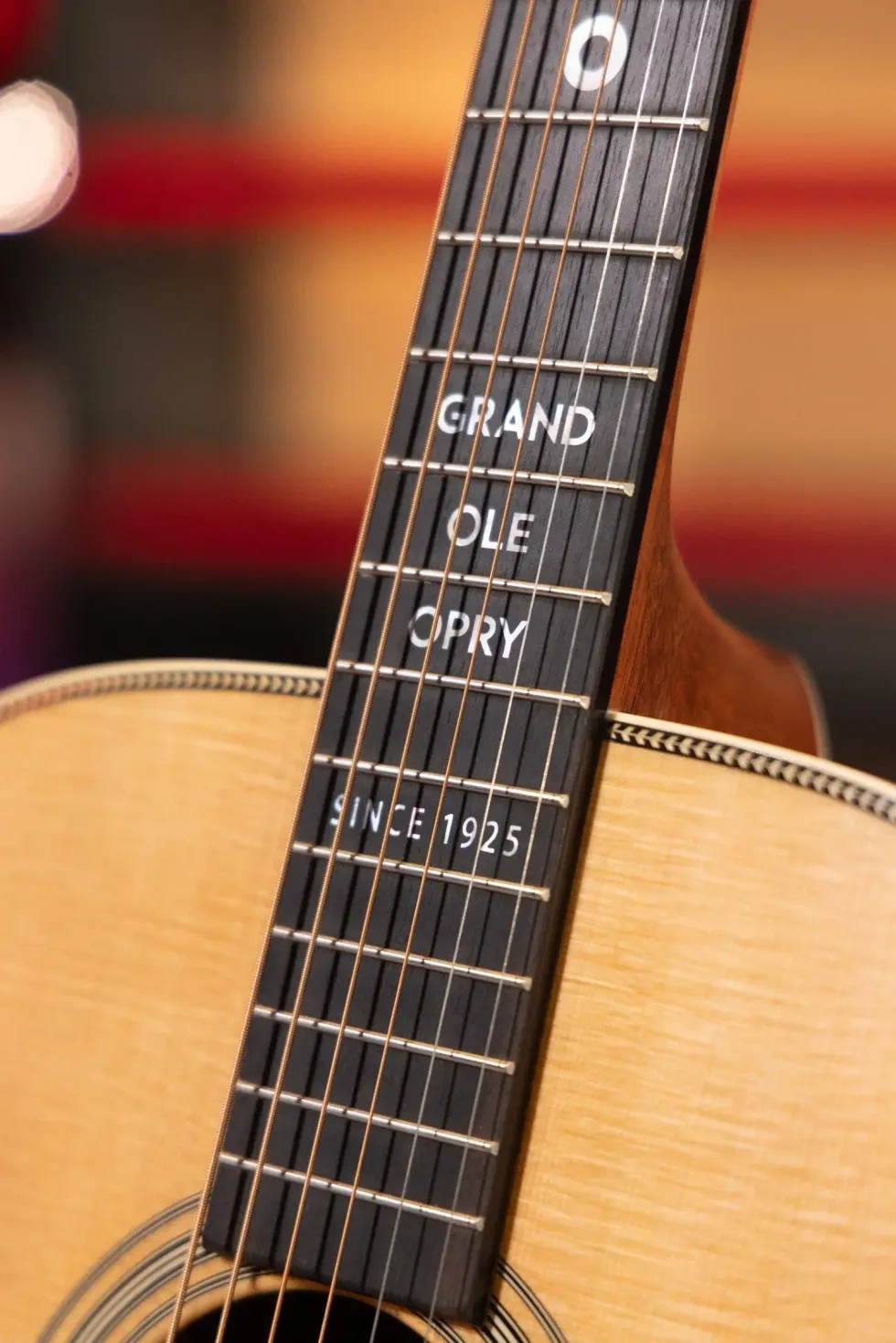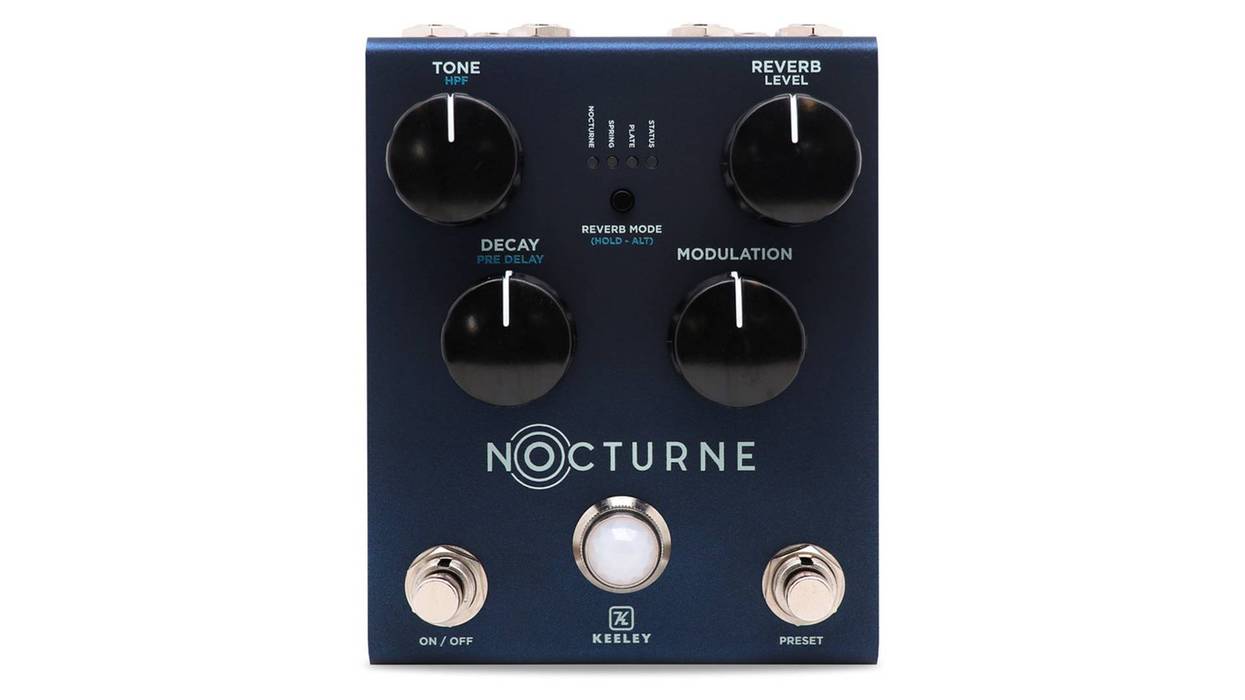One of the cornerstones of jazz is the V–I resolution; in particular, the way that musicians handle it in their comping and their improvisation. In the key of C, we can hear G7 resolve to C quite nicely—there’s our V–I resolution. But jazz players take it further by adding tensions to the dominant— or V7—chord. If a dominant 7 chord is resolving to its I chord, we can feel free to add altered tensions to that dominant chord to give it an extra sense of pull or urgency to take us to the I chord. Our altered tension choices are: b9, #9, and b13. (Examples 1–6 show some options.)
However, not all dominant chords resolve back to their I chord. Check the root motion. Sometimes a dominant 7 chord will move down a half-step, for example. That bII7 chord is a common substitute for a V7 chord. In that case, and any other dominant 7 chord that does not resolve to I, we do best to stay with natural tensions. Available natural tensions on dominant chords are 9, #11, and 13. (Examples 7–10 show some choices.)
Here then are 10 voicings for some satisfying resolutions. To get the full benefit of these examples, study the chord voicings by naming the notes and writing them across the top of the diagram. Then, analyze how each note functions in the chord and write that number (1, 3, b7, 13, etc) below the diagram. Any chord that doesn’t use open strings is moveable, so the functions, or chord tones, do not change—even though the note names do—as you transpose your way around the neck.
For extra fun, think about what else you could call some of these chords. For example, the G7(b9, 13) in example No. 4 could also be called a Db7(#9), or an Fdim(maj7).
 |  |
Jane Miller
Jane Miller is a guitarist, composer, and arranger with roots in both jazz and folk. In addition to leading her own jazz instrumental quartet, she is in a working chamber jazz trio with saxophonist Cercie Miller and bassist David Clark. The Jane Miller Group has released three CDs on Jane’s label, Pink Bubble Records. Jane joined the Guitar Department faculty at Berklee College of Music in 1994. janemillergroup.com




